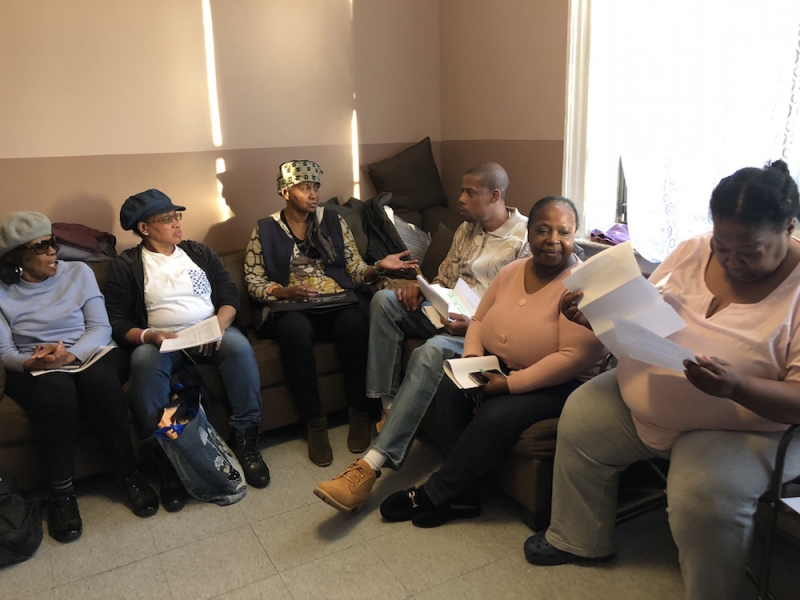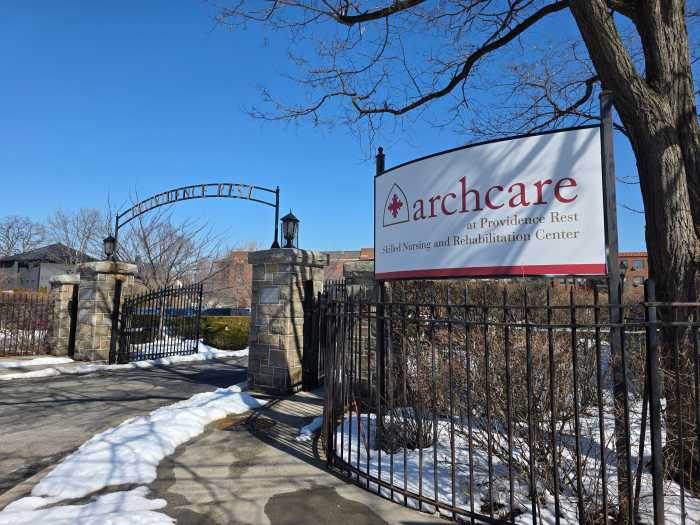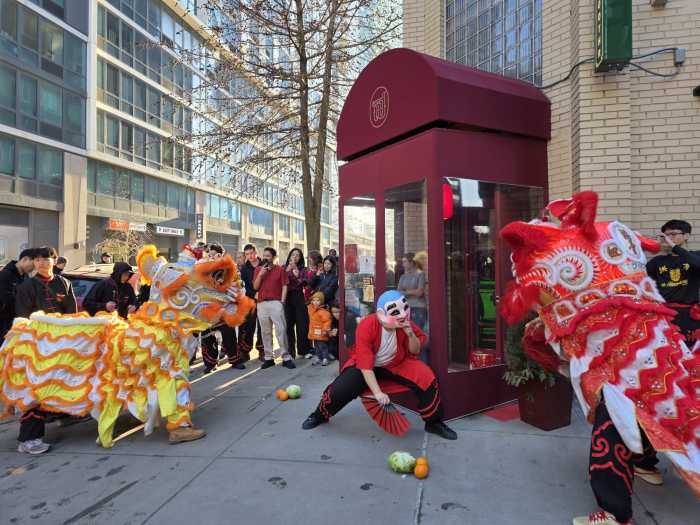Editor’s Note: The following is the 19th of a KCP investigative series by reporters Kelly Mena and Stephen Witt on how New York City is taking paid off properties from longtime small property owners, including black and brown seniors, and giving them to connected non-profit and for-profit developers as gentrification sweeps across Brooklyn.
KCP has found yet another property that hard-working black men and women own that the city has taken through its controversial Third Party Transfer (TPT) program.
The four-story building at 477 Van Buren Street is on a rapidly gentrifying Bedford-Stuyvesant was turned into a city run shareholder-owned Housing Development Fund Corporation (HDFC) cooperatives in the early 1990’s. At the time, property values were at near record lows and the then tenants were suffering from poor living conditions as a result of a neglectful landlord.
The tenants back then were able to collectively come together and take ownership of their property for only $250 at the time. Today the building has a market assessment of about $1.4 million, according to city figures, and in the hands of the non-profit Los Sures, who now holds the deed on the building the residents say should still be theirs. They have lost their building and with it all the equity they have invested.
Erica Taylor, President of the Co-Op Board, says that the co-op was never meant to be part of the foreclosure list that eventually led them to losing their homes to the TPT program. Taylor and her fellow shareholders claim that the first mention of the building even being in foreclosure was in Aug. 2017.
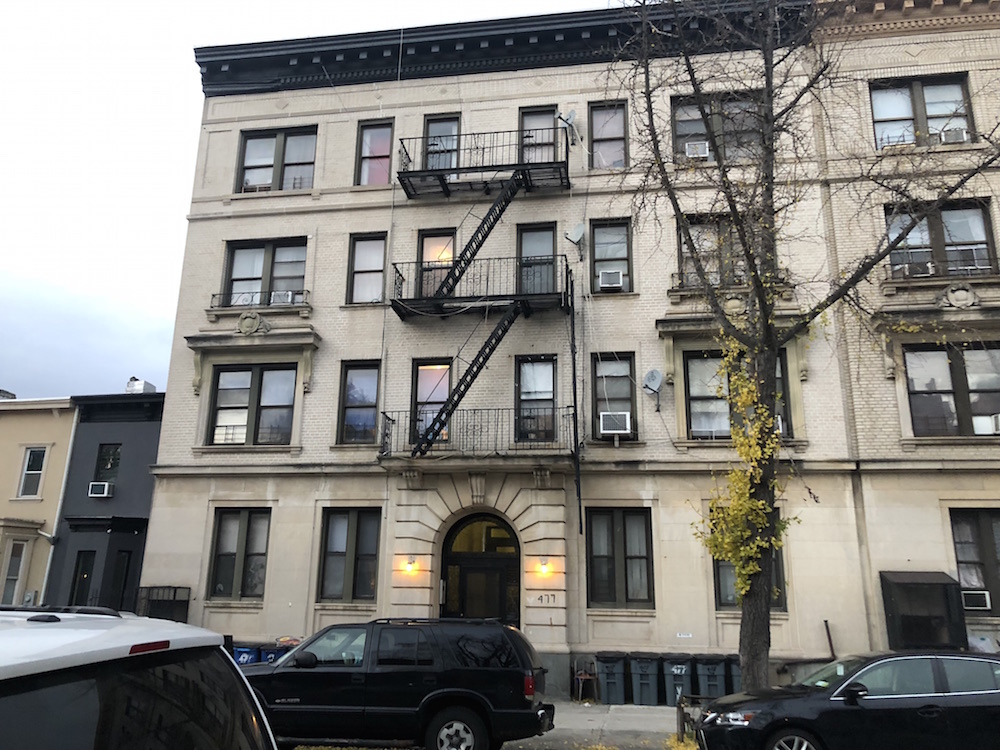
It was at this time, according to residents, that they began to start contacting city agencies about managing their property arrears which were over $300,00 and water bill which was a few thousand dollars. The actual principle in the arrears was actually much less, but the city charges 18% interest on all back property taxes.
Then in December 2017, the group said they met with a city Department of Housing Preservation and Development (HPD) employee named Malcolm Morris, gave the residents more details regarding the foreclosure action against the building, but also presented the shareholders with an opportunity to keep their building through Article XI.
Article XI is a tax exemption filing under the Tax Incentive Programs Unit (TIP) of HPD. HPD receives a request from a project sponsor, which then gets reviewed by TIP, including its ongoing and projected finances, to determine what level of exemption the project requires in order to remain financially viable.
Once the appropriate level of exemption has been determined, the City Council must calendar the item for consideration and pass a resolution authorizing the exemption. If approved, the Article XI certificate is issued by TIP and the city’s Department of Finance implements the tax benefits. The benefit consists of complete or partial exemption from real estate taxes for up to 40 years.
Taylor says she was in the process of trying to file Article XI with Morris when she was abruptly passed over to HPD employee Luis Salguero, who kept claiming that Taylor wasn’t providing all of the documents necessary to complete the paperwork.
However, unbeknownst to the group and Taylor they were no longer the owners of the property and the Article XI was never going to be completed. In fact, the group learned they were tenants in an unlucky twist of fate when Taylor went to a housing meeting in the area and was confronted by members of the Brooklyn Coalition who let Taylor know she was on the list of properties taken by HPD under the TPT program.
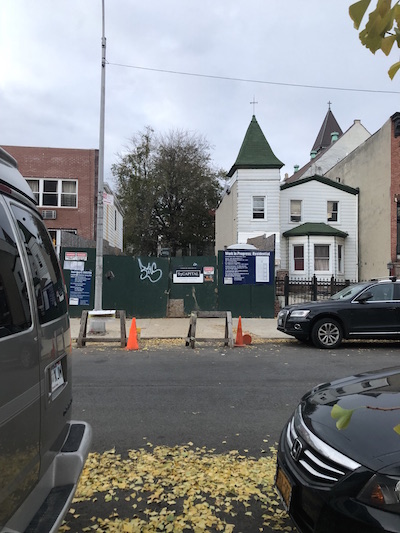
Taylor was so blown away by the claim that she at first denied it but then realized later that the property was taken through TPT after verifying the information. Now the former shareholders are facing their new role as tenants with a lot of reservation.
Brooklyn Coalition is an organization of co-op owners who have rallied together to help and support fellow HDFC co-ops around the borough.
Under the TPT program, the building was turned over to the Williamsburg-based Los Sures, as the building’s “sponsor. The non-profit was established in 1972 in response to an epidemic of landlord abandonment, withdrawal of city services, and illegal evictions by landlords. It’s current portfolio includes managemnet of 34 buildings including 746 residential and 26 commercial units.
The non-profit held its first meeting with residents a couple of weeks ago, where they let them know that in two years they plan on doing capital improvements to the building that will require tenants to leave. Los Sures has also presented the now tenants with a survey including questions on income and household financials.
Just across the way from the building is a row of beautifully renovated brownstones and a couple of hundred feet away is a commercial residential property ready to go up.
These residents are just one in handful of Brooklynites who have recently lost their home to a city program they feel is favoring developers over locals. As part of the take over of the building, Los Sures received the building with zero real estate taxes and water and sewer charges.
The non-profit will also be eligible to receive low-interest loans including tax incentives and tax credits for renovating the building according to HPD officials.
This financial break given to developers has many guessing the motivation behind the program. Local residents believe that if an affordable housing developer can get some of these financial difficulties wiped clean why not offer the same benefit to current home/property owners.
There are legal questions as well. That is if people bought a building when it had very little value when they bought it and it is now worth $1.4 million, a legal argument could be made that government isn’t allowed to take a building without giving owners some equity of its worth.
“We know that this is a setup because it’s personal. Look at where all the buildings are. They are in gentrifying neighborhoods or on the cusp. These are old buildings that were made solid. They [the city] want people that look like us to not be in these buildings and not be in these neighborhoods,” said Brenda Stokely, Brooklyn Coalition member and co-op member.


